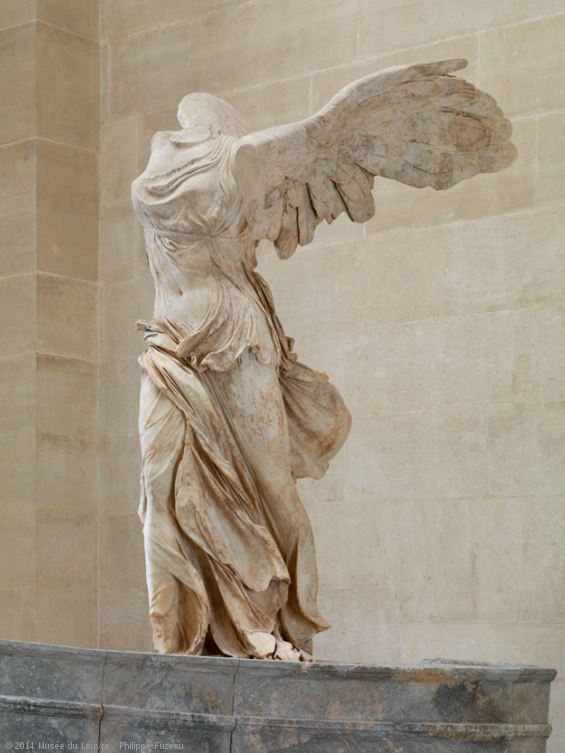…and then there were two: Hillary and Donald. A week after Donald Trump accepted his party’s nomination for president, Hillary accepted hers, the first woman to be nominated by a major political party in US history.
Running up to the big day in November, we’ll be hearing a lot of these two names. So, what sort of etymological qualifications do Hillary and Donald bring to the White House?
Hillary
The name Hillary broke its own glass ceiling, onomastically speaking: It was originally a male name. According to Oxford’s Dictionary of First Names, Hillary comes from a medieval form of the Late Latin masculine name, Hilarius.
The Latin Hilarius means “cheerful.” It was formed from hilaris and taken from the Greek hilaros (ἱλαρός), also meaning “cheerful.” Greek’s hilaros is related to hilaos, “gracious” or “kindly.”
There may be a yet deeper root for these Latin and Greek descriptors, if we look to Proto-Indo-European: *sel-, which the American Heritage Dictionary of Indo-European Roots defines as “of good mood” and “to favor.” This root yields solace and silly, which originally meant “happy” and “prosperous.”
The name Hillary spread thanks to a 4th-century Gallo-Roman theologian, now saint, Hilarius of Poitiers. English observers honor St. Hilarius’ feast day on January 13, when one can celebrate Hilary-mass to usher in Hilary-tide. The timing of this feast was also used to mark court and academic sessions, hence Hilary term, at Oxford and Dublin.
By the late 19th century, Hillary became more popular (and since exclusively so) for females. The double L spelling is a North Americanism.
Hilarius is a short way from hilarious, but this adjective is actually a late formation in the English language. The Oxford English Dictionary attributes it to Sir Walter Scott in 1823, when it meant, like its Latin and Greek forebears, “cheerful.” It soon characterized a “boisterous joy,” extended to and settling on “extremely funny” by 1925.
Donald
Sometimes with affection, sometimes with ridicule, and often with irony, Donald Trump often goes just by his first name: The Donald. Like his mother (and one of his golf courses), the name Donald hails from Scotland.
Donald is an Anglicized form of the Scottish Gaelic Domhnall. (The mh is pronounced more like a V. Domhnall also has its cousins across the Celtic languages.) Oxford’s Dictionary of First Names notes that the English spelling Donald was a misinterpretation of the original Gaelic and influenced by Germanic names that end with a D, like Ronald.
The Gaelic Domhnall literally means “world ruler.” Philologists think the ancient Celtic form was *dub-no-walos. This joins *dubno-, “world,” from an Indo-European root meaning “deep,” like the earth or ground, hence “world.” *Walos is anchored in *wal-, “to be strong,” seen in Latin-derived words like valor and value.
In the Middle Ages, many Scottish kings took the name Donald, as did St. Donald of Ogilvy, near Angus today. Clan Donald, also MacDonald (“son of Donald”), remains a major clan in the Scottish Highlands.
***
The origins of Hillary and Donald are fitting in their own ways, aren’t they? Many want a wonkish Hillary Clinton to be more “cheerful,” a complaint others see as tinctured with sexism. As for Donald? Well, many can imagine he might just start taking down his buildings’ “Trump” signs to display some Celtic etymology instead.




